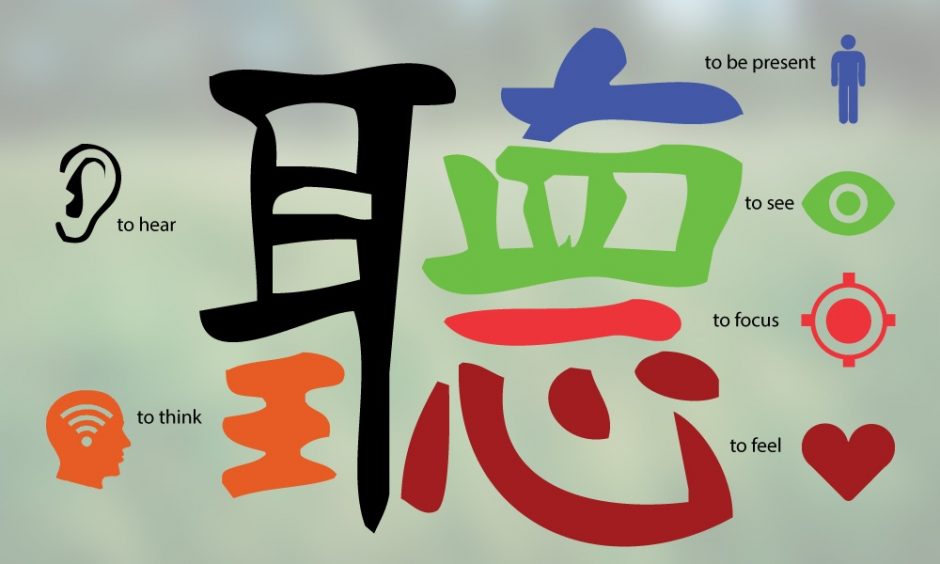Halfway through the course reading Coaching Skills for Leaders in the Workplace – Jackie Arnold @jackiearnold I thought it may be worth just capturing my reflections and sharing one or two highlights.
As you would hope, Jackie Arnold , provides a clear and practical outline of mentoring and of coaching. She looks at the different management, leadership and coach roles we may adopt and how staff respond to them and what they expect from them. There is a thorough exploration of the internal/external coach debate, including the legal (eg employment law) and ethical complexities (eg confidentiality, issues of power and authority). There is the introduction of a new role definition – that of supervisor (overseeing and supporting the practice of a coach). There is a subtle message throughout the first 9 chapters that the coachee will know, and will get to the solution, hence the importance of being non-judgmental frequently highlighted and the discussion around feedback. For many teacher-leaders, I suspect that this may prove to be a counter-culture action. By that I mean, teacher-leaders are primed to offer feedback, nudging and edging students towards the right answer, as opposed to coaching.
One area I find particularly interesting is the preposition that one the by-products of coaching is the personal development of the Coach and ‘the willingness to learn from Coachees and changes to one’s own behaviour (p34).’
Points for reflection
When we ask people for their permission we are giving power back to them, their sense self-worth (p16).
This is a lesson anyone, in any setting, teacher, leader, Head Teacher, could benefit from.
Arnold goes on to say that ‘asking for permission can build on the trust you already have in place.’
The intention behind the words is always more important than the words (p17).
Listen for values.
In a coaching role, you will achieve more lasting results if you put all the advice and expertise to one side and allow the coachee to find their own answers and solutions (p24).
Are we better to Coach outside our area of expertise?
A solution that was successful for you may not be appropriate for your coachee (p25).
The START model – Stop, Think, Ask, Reflect, Trust is an accessible place for leaders and new managers to start, I believe (p33).
Often internal coaches engage in a coaching assignment with coachees who may or may not understand of be familiar with the purpose and methods of coaching (p47).
Coaches has an important role in defining the process with Coachees.
Silence is the silver thread that enables clear thoughts to emerge and reconnect from hidden sources (p113).
Let the silence do the heavy lifting. I can not remember who shared that advice, but it has stuck with me?
Your role is to probe and uncover the source rather than to fix the problem with a temporary plaster (p118).
That brings me halfway through the book.
The second half was directed down a line of enquiry on Clean Language here and wrapped up here.


